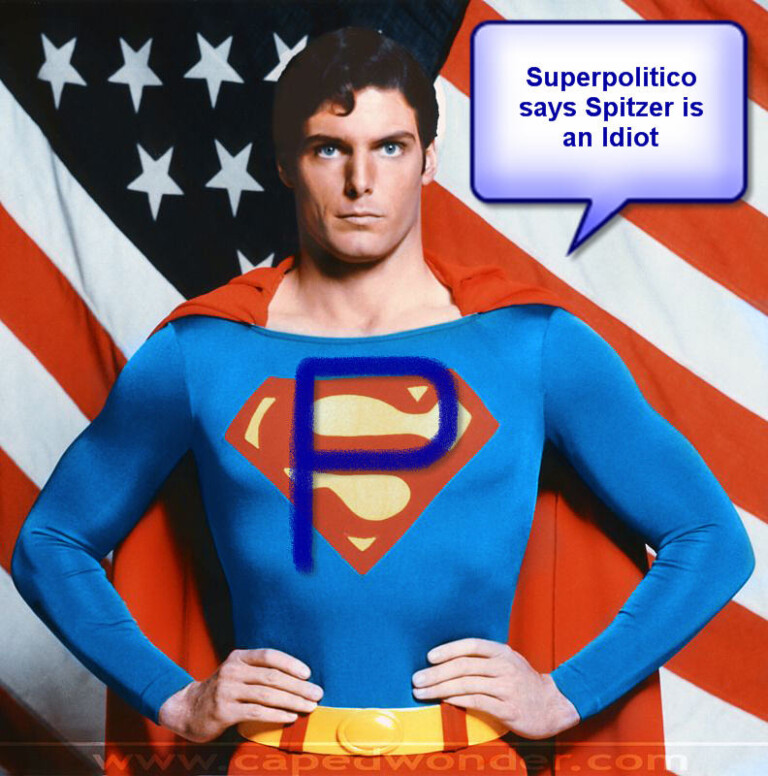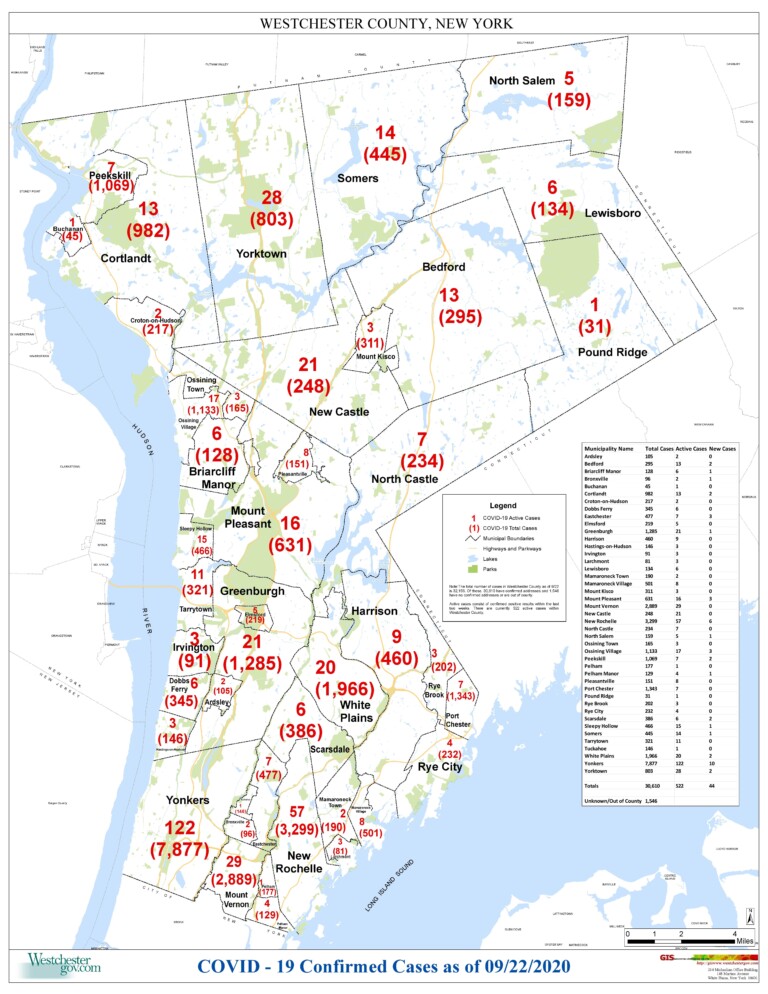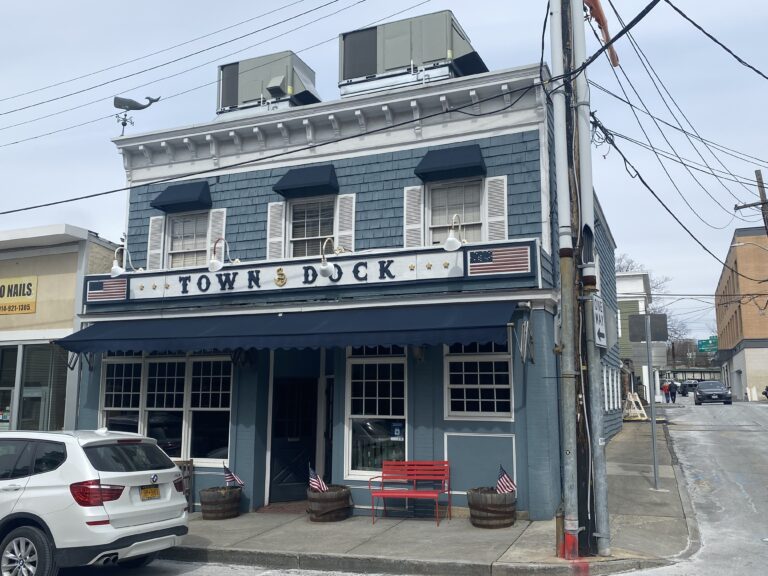LETTER: The Mayor’s Edvard Munch Moment
In a letter, Rye resident Lanier Saperstein of Stanley Keyes Court says after reading the recent Board of Ethics opinion, Mayor Josh Cohn and Councilmembers Carolina Johnson, Julie Souza and Ben Stacks probably felt like the screamer in the Edvard Munch painting.

I typically do not pay much attention to City Hall politics, preferring instead to spend my free time gardening, paddling up the Blind Brook or simply annoying my family. Recently, politics has punctured my tranquility, as several friends have asked me what I think of Mayor Cohn in light of the current fight between him and his colleagues, on one hand, and the Rye Board of Ethics, on the other. My view is the Mayor is doing a good job. The budget is balanced, streets are being repaired, long delayed capital projects are underway, property values remain strong, and we are trying to tackle some of our most pressing problems, such as flood mitigation. While we still have room for improvement, Rye is well-managed and a lovely place to live. Mayor Cohn deserves credit for that or, at the very least, some of the credit.

But what the about the advisory opinion from the Board of Ethics saying the Mayor should not have attended and the three other Councilmembers should not have called an emergency meeting in February to discuss a tree-clearing moratorium? And what about the lawsuit the Mayor and those three Councilmembers filed in response to the BOE’s opinion, asking a New York court to declare the BOE’s opinion null and void? And why should my taxpayer dollars be used so City officials can fight each other?
I suspect I’m not alone in scratching my head over this ‘inside the beltway’ stuff, wishing our government officials would focus on running the City rather than fighting among themselves. So, to try to make sense of the fight, I reviewed the BOE’s advisory opinion as well as the submissions in the lawsuit filed in response to the advisory opinion.
It all started at the end of January when the Mayor learned that a lot abutting his property would soon be clear cut of trees, leaving it denuded, presumably to make way for building a new house easier. (The Mayor lives on Green Avenue, and the property is on Turf Avenue, a short dead-end street off Forest Avenue and the back of each property abuts each other.)
At this point, let me lay my cards on the table: I do not like clear-cutting. I am a registered Republican and value property rights—neither of which, I am aware, screams environmentalist—but I also recognize trees are good for the environment, an important part of any flood mitigation strategy and, well, they look nice and help maintain our collective property values. I also think it downright lazy when developers come in, clear-cut the trees, and we’re left looking at a big mud pit for months, and then the developers or the new home-owners plant a series of small, homogenous evergreen trees and boxwoods, leaving us with a sterile desert of sameness.
After learning about the proposed clear-cutting, the Mayor, who of course also is a Rye resident, gathered information from various City officials about what to do. That is precisely what I would want him to do. He is an unpaid Mayor who has donated his time and services since being elected in 2017, and I want him to deal with local issues. In fact, I assume he got involved in local politics because he wants to have a degree of control over his environment and have a say in the matters that he feels strongly about. I serve on the Zoning Board because I want to give back to the community but also because I want to have a say in our community’s development.
Recognizing he could be perceived as having a vested interest, the Mayor recused himself. On February 3, three Council members, including the Deputy Mayor (but not the Mayor), called a special meeting of the Council, to be held on February 6. The purpose of the February 6 meeting was to accelerate the passage of a moratorium on clear cutting. I say accelerate because a subcommittee of the City Council in 2021 had identified clear-cutting as a problem, so it was an acknowledged concern.
On February 4, two days before the special meeting, the owners of the parcel on Turf Avenue cleared all the trees—perfectly legally, to be fair—so no action would save the trees. On February 6, the Council’s special meeting went ahead. The Mayor, who no longer had perceived skin in the game, participated in the meeting. Three of the seven Council members, however, did not. At the meeting, there was a motion to open a public hearing on a tree cutting moratorium at the next regularly scheduled meeting on February 15. That’s it.
The three Council members who did not attend the February 6 meeting presumably felt that the Mayor was trying to use his office to try to gain personal benefit. According to the BOE’s advisory opinion, they approached the BOE, seeking an advisory opinion on whether they should attend and vote on actions pertaining to the proposed tree moratorium at the February 15 meeting. On February 13, the BOE issued its opinion, writing no, the three Council members should not take any action at the February 15 as it relates to the tree cutting moratorium because the meeting would be “cloaked with the appearance of a conflict or an impression of impropriety.” Even though it was not asked, the BOE went a step further and said the February 6 meeting was improper because, and I quote directly from the opinion so I get it right: “We find the extraordinary rush to call the [February 6] meeting gives a ‘reasonable basis for the impression’ that the Councilmembers who attended and voted at the February 6 meeting were influenced to take such action because of the proximity to the Mayor’s property and to protect the Mayor’s property and therefore to provide an elected official with a personal benefit.”
I don’t agree with the BOE advisory opinion. I want our Mayor to be tapped into local issues, and if it takes something on his doorstep, then so be it. And from a legal perspective, the Mayor could not have personally benefited from any action taken at the February 6 meeting—period. He recused himself from the outset and rejoined only after his neighboring lot was clear cut. The February 15 meeting, meanwhile, was a regularly scheduled Council meeting, so I am at loss to understand why discussing the tree cutting moratorium at that meeting was a problem.
And what about the lawsuit? The lawsuit – known as an Article 78 proceeding after the pertinent section of the New York civil code it was filed under – is straightforward: the BOE said the Mayor and his collegues acted improperly, the Mayor and colleagues said they didn’t act improperly, and they are now asking the Court to void the BOE’s opinion. They are not seeking damages; they are not seeking any type of punitive award.
The Mayor and the other three Council members who attended the February 6 meeting are trying to clear their names. I get it. The BOE advisory opinion, as well as the ensuing headlines in the local newspapers, could tarnish reputations. The Mayor and the other council members are volunteers, and while the mayor is retired, the other members have careers and negative news could impact their livelihoods.
The Mayor and the Council members did not have an opportunity to tell their side of the story to the BOE, so after reading the opinion they probably felt like the screamer in the Edvard Munch painting.
But I recognize that the lawsuit and the surrounding discussion detracts from the Mayor’s considerable accomplishments, including:
• Improved City management;
• Balanced budgets;
• Multiple years of labor peace;
• Making much needed sewer repairs to protect the Long Island Sound;
• Guiding us through Covid with a reinvented electronic City Hall, weekly letters with a dash of much needed humor, and a pedestrianized Purchase Street;
• Starting a response to Blind Brook flooding risk with a number of studies and grant fund raising initiatives;
• Well-managed public safety functions;
• Revised rock chipping and blasting law;
• Restrictions on flag lots and steep slope development; and
• A rezoning of the Avon building that brought the NY Blood Center Enterprises to Rye, where it will use all of the building’s 187,181 square feet.
So, I have a proposal that serves all of us: the BOE withdraws its advisory opinion, the Mayor and colleagues drop their Article 78 lawsuit, and they get back to the business of governing. And I can get back to annoying my family.
Lanier Saperstein
1 Stanley Keyes Court







This is a very thoughtful analysis of the situation. One important aspect to consider is the need for a member of the public to stand up at the next City Council meeting and ask council member Bill Henderson if he disclosed the confidential BOE opinion to the press (simple yes or no answer). Then the same question needs to be directed to Lori Fontanes (simple yes or no answer). Josh Nathan is already on record answering “No.” Lori is running for reelection in four months. Voters deserve to know if a council member violated Rye City Code of Ethics section 15-6 regarding the disclosure of confidential information. Violating Section 15-6 raises concerns. Here is the link to the relevant section of the City of Rye Code of Ethics: https://ecode360.com/6971565